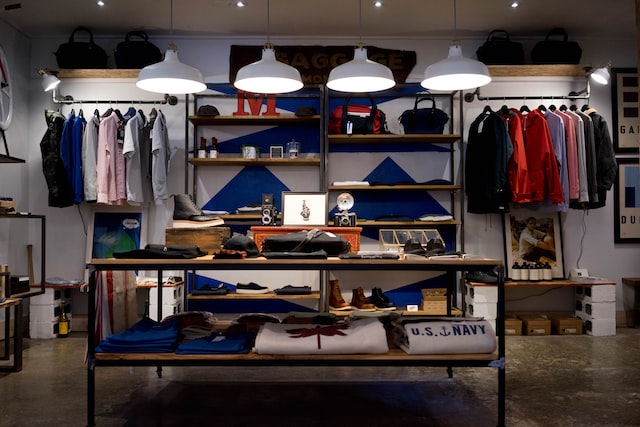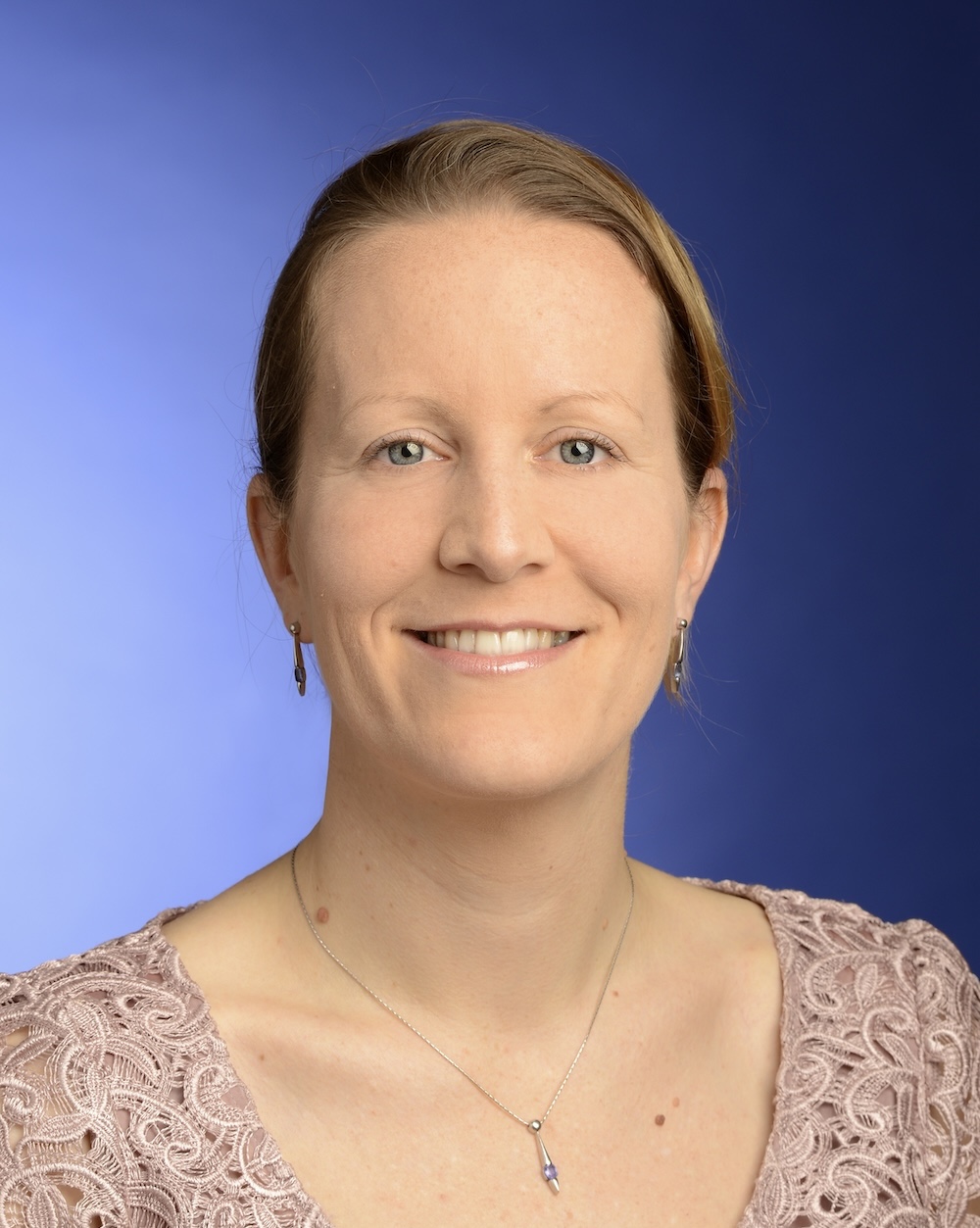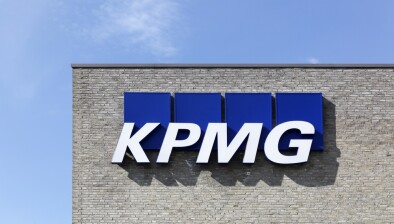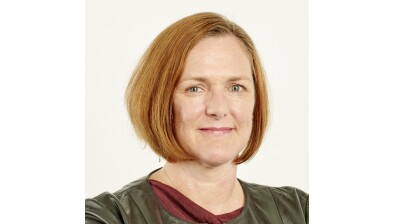KPMG: Nearly half of Scottish consumers cut non-essential spending in 2024

Nearly half of consumers (49%) in Scotland say they have cut non-essential spend in the first quarter of the year, according to new research from KPMG.
KPMG UK’s Consumer Pulse survey tracks the quarterly confidence and spending behaviour of 3000 consumers across age and income groups and UK regions, of which 281 or 9% were in Scotland.
When asked what they would most likely do should prices of goods and services drop:
- 47% said put the money into savings
- 17% said put the money toward essential costs (mortgage/rent, energy, fuel, food)
- 14% said increase non-essential spending
- 14% weren’t sure
- 8% said none of the above
Non-essential spending was also brought into focus elsewhere in the research when consumers were asked about their spending so far in 2024. Nearly half of Scottish respondents said that their essential cost levels have meant that they have had to cut their non-essential spend in the first quarter of the year. Eating out (70%), clothing (57%), and takeaways (59%) were the three most common non-essential cutbacks reported.

Linda Ellett
Responding to the findings, Linda Ellett, UK head of consumer, retail and leisure for KPMG, said: “Essential costs remain at a level where nearly half of the consumers we surveyed said they have cut their non-essential spend in the first quarter of the year in Scotland.
“Should macroeconomic conditions lead to an easing of pressure on household budgets, then four times more consumers say they would boost or replenish their savings, rather than spend more on non-essentials.
“If true, it raises significant questions about whether taming inflation leads to a consumer spending boom, or just a rebuilding of savings balances that some consumers have used to offset, or totally pay for, the higher cost of essentials over recent years.”
Despite nearly half of consumers having cut their non-essential spend, the research showed the ways in which people are still managing to treat themselves so far in 2024. Chocolate, desserts or sweets at home were the most common outlet (for a quarter of people), while a coffee when out and about is second (for a quarter of people). Having a takeaway at home is still the third most common way people are treating themselves.
Ms Ellett added: “Nearly half of the consumers we surveyed say they have reduced their non-essential spend since 2024 began, with sizeable groups of consumers also taking a variety of steps when shopping to save money – ranging from more own-brand buying, to promo, pre-used, and brand switches.
“A third of people say they have used loyalty schemes more so far this year – which is little surprise, as shoppers search for best prices. It’s also a reflection of the hard work that retailers have put into being competitive on pricing, despite their own cost pressures.
“The grocery sector’s loyalty focus is reflected in consumers most commonly saying grocery is the area of the economy they feel most valued by. Price and loyalty benefit continue to drive custom and are a clear indication of the importance of retailers continuing to offer promotions where possible.”
However, the data did show that 77% of people surveyed in Scotland are not currently having to dip into savings to meet household essential costs, with 33% saying they are set to use that cash for a holiday this year instead.






